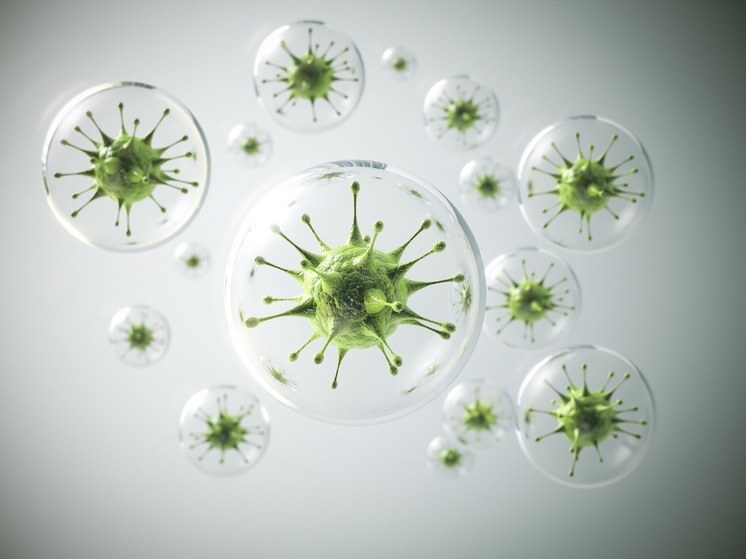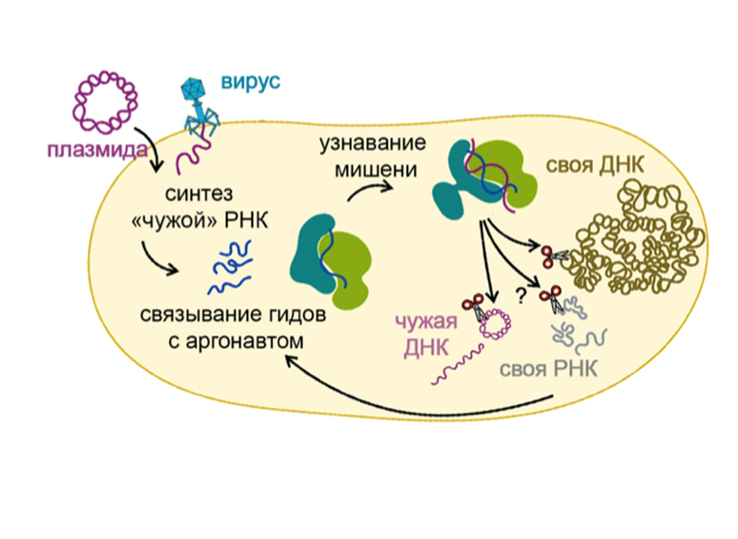Scientists from the Institute of Gene Biology of the Russian Academy of Sciences are exploring a new mechanism of bacterial immunity
A new mechanism of bacterial immunity, based on the work of little-studied proteins from the Argonaut family, was studied by scientists from the Institute of Gene Biology of the Russian Academy of Sciences and the Federal Research Center of Biotechnology of the Russian Academy of Sciences. The system, called SPARDA, helps bacteria defend against viruses.
 Photo: freepik.com
Photo: freepik.com
< p>As explained by «MK» at the Ministry of Education and Science of Russia, SPARDA is similar in principle to the well-known CRISPR-Cas system. It is now actively used to edit the genome, but once upon a time it was also discovered as a type of bacterial immunity. So, like her, argonaut proteins detect and cleave foreign DNA or RNA, in which the genetic information of the virus is encoded.
Scientists knew about Argonaut proteins, but no one knew how they participate in protecting bacteria. The discovery of a group of researchers led by Doctor of Biological Sciences Andrei Kulbachinsky consists precisely in deciphering the mechanism itself.
 Source: development team
Source: development team
The SPARDA system works as follows. When a virus (not a human virus, but a bacteriophage) penetrates a bacterium, its argonaut proteins are immediately activated. They destroy the bacteriophage. But there is a difference from the CRISPR-Cas system. If its Cas group proteins themselves rush at the “enemy”, integrate into his DNA and cut him from the inside, then in the SPARDA system the Ago (Argonaut) protein performs only the function of a control center: it “sees” the virus, thanks to short chains of nucleic acid “guides” that help recognize the desired areas, and then sends effector proteins to attack it. It is the effector proteins coupled with Ago that perform the “dirty work” by cutting viral DNA. As a result, both the virus and the infected cell itself die, preventing the virus from spreading.
Scientists do not rule out that a new mechanism of bacterial defense, discovered they can also be used in genetic research in the future.























































Свежие комментарии